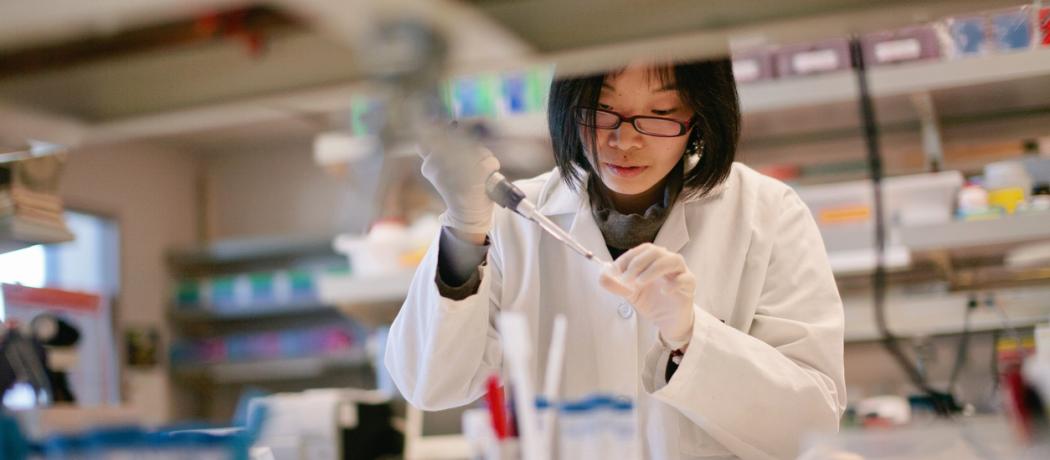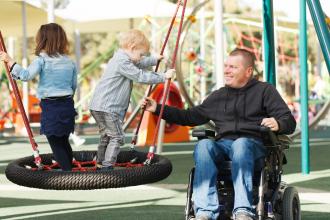June 2022 is ALS Awareness Month in British Columbia. This post is part 3 of a 4-part series about ALS.
How will the ALS Society of BC’s Project Hope move the needle? First you need to understand the current landscape in BC.
On one hand, we are fortunate to have a dedicated ALS Clinic, founded by Dr Andrew Eisen decades ago when he saw the need for a centre of expertise. On the other hand, its current location in the outdated, windowless basement of GF Strong in Vancouver is way beyond its expiry date. Most, if not all, patients are assessed there at least once. Several have told me they refuse to return because it’s so depressing and void of hope. Even as an optimist, I also feel the weight every time I descend into that basement. That’s not criticism of the staff or program, only the environment. I can’t help but wonder if the staff feel it too, or are they so accustomed that they don’t even notice?
Essentially, the clinic is a gateway to all things ALS, from investigation and diagnosis to treatment, monitoring, and access to support services. In addition to a roster of paramedical experts like nurses, dietitians, physiotherapists, occupational therapists, speech therapists, and social workers, physician expertise in the clinic is currently provided by a rotation of four neurologists who offer continuity with patients over time. I have an excellent relationship with mine and feel well supported. Fellow patients complain that their care feels nothing more than palliative. Am I too much doctor and not enough patient, or is it the nature of the beast? I think the latter.
One consequence of this physician arrangement, however, is that clinical trials have not been available in BC since Dr Eisen retired about 20 years ago. That has meant travel out of province across Canada or to the States for those seeking enrolment. Talk about making a difficult disease more difficult.
Project Hope will change all of that. It will relocate the ALS Clinic to the Djavad Mowafaghian Centre for Brain Health to join other neuro clinics at UBC. The building is modern, bright, and has abundant windows. UBC is hiring a physician scientist to run the clinic, funded by a $5.3 million endowment secured in phase one of Project Hope last year. That covers clinical care for ALS patients in perpetuity.
Phase two is presently raising $20 million to initiate the research agenda. Clinical trials will be a big part of that, making access a whole lot easier for BC participants, and putting BC on the path toward ending ALS deaths, perhaps even finding a cure.
Now that sounds like hope to me.
—Mark Seger, MD
This post has not been peer reviewed by the BCMJ Editorial Board.
 |
| This work is licensed under a Creative Commons Attribution-NonCommercial-NoDerivatives 4.0 International License. |


